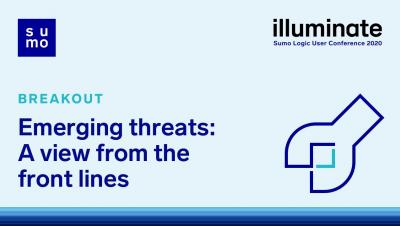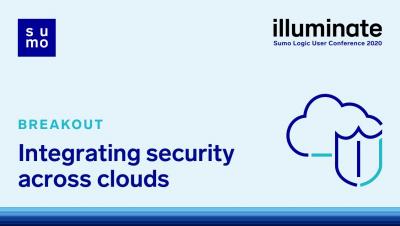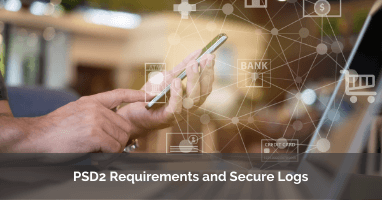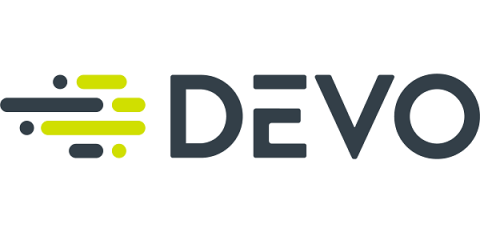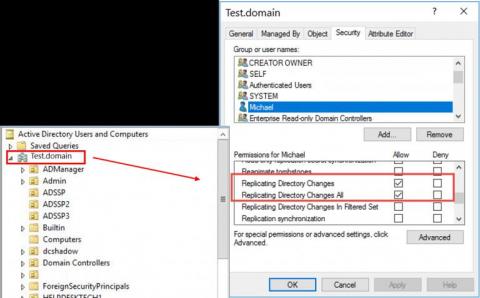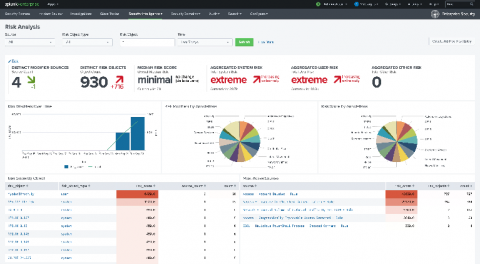Security | Threat Detection | Cyberattacks | DevSecOps | Compliance
Logging
Securing a Cloud Service with Sumo - From Compliance & Security Analytics to Production App Security
Integrating Security Across Clouds
PSD2 Requirements and Secure Logs
PSD2 is the new EU Directive that aims to open up the banks and allow non-banking institutions to provide payment services. It is a great thing but it comes with many requirements. They are in the form of implementing and delegated acts of the European Commission as well as guidelines of the European Banking Authority. The directive, the implementing acts, and the guidelines are mostly best industry practices with regard to security and risk management.
The Second Critical Step to Building the Modern SOC
The new Devo eBook, Building the Modern SOC, presents four evolutionary steps for creating a highly automated and efficient security operations center (SOC) that empowers analysts. This is the second in a series of posts about the four steps that highlight some of the most important concepts. The first post covered Step 1, which is about establishing a foundation of centralized, scalable visibility. This post excerpts Step 2, extracting intelligent insights from your data.
IT security under attack blog series: Instant domain persistence by registering a rogue domain controller
In this blog in the IT security under attack series, we will learn about an advanced Active Directory (AD) domain controller (DC) attack to obtain persistence in AD environments. Dubbed DCShadow, this is a late-stage kill chain attack that allows a threat actor with admin (domain or enterprise admin) credentials to leverage the replication mechanism in AD to register a rogue domain controller in order to inject backdoor changes to an AD domain.
PCI Logging Rules Your Organization NEEDS to Know
For an organization to be compliant with PCI logging requirements, it must follow PCI Requirement 10 of the Payment Card Industry Data Security Standards (PCI DSS). Below, we’ve listed the highlights of this section and the important details that you need to know.
7 High-Risk Events to Monitor Under GDPR: Lessons Learned from the ICO's BA Penalty Notice
Hello Security Ninjas, Today's IT world is complex and can be challenging for security operations teams. Nowadays, more apps are being integrated and interconnected than ever before. Cloud services and SaaS solutions purchased all throughout the organization outside of the IT department add even more complexity. Communicating to application and service owners the kind of activities that need to be logged and sent to the SOC can be a daunting task.
Devo Next-Gen SIEM Honored by CISO Organization
Everyone at Devo is proud of the way our cloud-native logging and security analytics platform empowers security and operations teams to maximize the value of all their data. We have recently received kudos from industry analysts and awards from several industry organizations.
Better Detections and Cloud Coverage with Splunk Enterprise Security 6.4
Security teams are in a difficult position: they continue wrestling with persistent problems, such as overwhelming alert volumes and staff shortages, while confronting new ones driven by the abrupt shift to remote work. For instance, attaining real-time, deep visibility into cloud environments may have been on SOC roadmaps before 2020, but the capability is now a pressing need.


